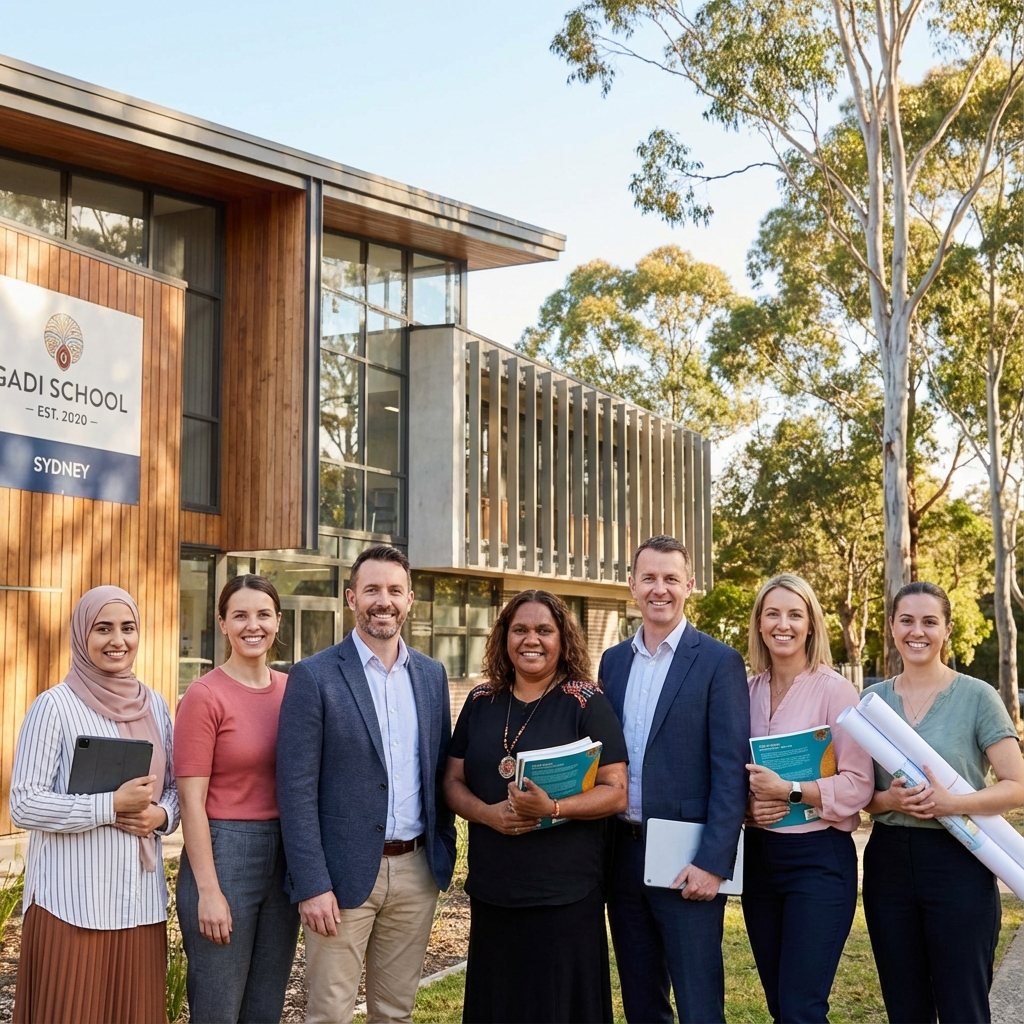Australia recognises de facto relationships alongside marriage. Learn what defines a de facto partnership, your legal rights, and how it affects visa applications.
Australian law recognises de facto relationships as legally significant partnerships, whether opposite-sex or same-sex. This recognition extends to family law, property rights, superannuation, and migration. Understanding how the law defines and protects de facto couples helps you navigate both everyday life and visa applications with confidence.
What Is a De Facto Relationship?
Under the Family Law Act 1975, a de facto relationship exists when two people:
- Are not married to each other
- Are not related by family
- Have a relationship as a couple living together on a genuine domestic basis
The relationship can be opposite-sex or same-sex. There is no minimum duration required by family law, though migration law often requires at least 12 months of cohabitation (or relationship registration) for Partner visa purposes.
How Courts Assess De Facto Relationships
When determining whether a de facto relationship exists, courts and government agencies consider:
- Financial aspects – Joint accounts, shared expenses, property ownership, and financial interdependence.
- Nature of the household – Living arrangements, division of household tasks, and shared responsibilities.
- Social aspects – How the couple presents themselves publicly, joint social activities, and recognition by friends and family.
- Sexual relationship – While relevant, it is not the sole determining factor.
- Nature of commitment – Long-term plans, mutual care, and emotional support.
No single factor is decisive. Courts look at the overall picture of the relationship.
Legal Rights of De Facto Partners
Property and Financial Settlements
- De facto couples who separate can apply for property division under the Family Law Act, provided the relationship lasted at least two years, there is a child, or substantial contributions were made.
- Superannuation can be split similarly to married couples.
Inheritance and Next of Kin
- De facto partners may be entitled to a share of their partner's estate if there is no will, depending on state laws.
- Recognised as next of kin for medical decisions in many jurisdictions.
Domestic Violence Protection
- De facto partners have access to domestic violence orders and legal protections equivalent to married spouses.
Taxation and Centrelink
- The Australian Taxation Office and Centrelink treat de facto couples the same as married couples for tax and welfare purposes once the relationship is established.
De Facto Relationships and Migration
Partner Visas (Subclass 820/801 and 309/100)
- De facto couples can sponsor each other for Partner visas on the same basis as married couples.
- Must demonstrate at least 12 months of cohabitation, or register the relationship with a state/territory authority.
- Evidence requirements are identical: financial, household, social, and commitment aspects.
Prospective Marriage Visa (Subclass 300)
- Engaged couples planning to marry can apply, but must marry within 9 months of the visa grant.
Dependent Partner Visas
- De facto partners can be included as secondary applicants on skilled, student, or employer-sponsored visas, provided the relationship meets the 12-month rule or is registered.
Proving a De Facto Relationship for Visa Purposes
Gather evidence across all four assessment areas:
- Financial: Joint bank statements, shared leases, insurance policies, utility bills in both names.
- Household: Proof of living together (lease agreements, mail), shared responsibilities.
- Social: Photos, travel bookings, invitations addressed to both partners, statutory declarations from friends and family.
- Commitment: Personal statements explaining how you met, your future plans, and how you support each other.
Organise documents chronologically to show the evolution of your relationship.
Common Misconceptions
"We need to live together for a certain time to be de facto."
Family law does not set a minimum period, but migration law typically requires 12 months for visa purposes.
"De facto couples have fewer rights than married couples."
In most legal contexts, de facto and married couples have equivalent rights and obligations.
"Same-sex couples are treated differently."
Australian law recognises same-sex de facto relationships on equal terms with opposite-sex relationships.
Tips for De Facto Couples
- Keep records – Maintain joint financial documents and correspondence from the start of cohabitation.
- Consider registration – If your state offers relationship registration, it can strengthen visa applications and provide legal recognition.
- Update legal documents – Ensure wills, powers of attorney, and beneficiary nominations reflect your relationship status.
- Seek advice early – MARA-registered migration agents can help you understand evidence requirements and plan your visa application timeline.
De facto relationships are fully recognised under Australian law, offering couples the same protections and opportunities as marriage. Whether you're planning to settle in Australia or already here, understanding your rights ensures you can make informed decisions about your future together.
MARA Registered Agent
Registration No. 1569835
Certified by the Migration Agents Registration Authority. Your trusted partner for Australian visa applications.

NSW State Nomination 2026: Complete 190 & 491 Deep Dive Guide

Skills in Demand Visa 2026: Complete Guide to Australia's New Employer Sponsored Pathway

Teachers: How to Get Registered & Migrate to Australia 2026

Global Talent Visa (Subclass 858): Are You Eligible for Australia's Elite Pathway in 2026?

Registered Nurse Migration to Australia 2026: Complete Pathway Guide
Office Hours
Mon-Fri: 9AM-5PM Sat: 10AM-2PM

